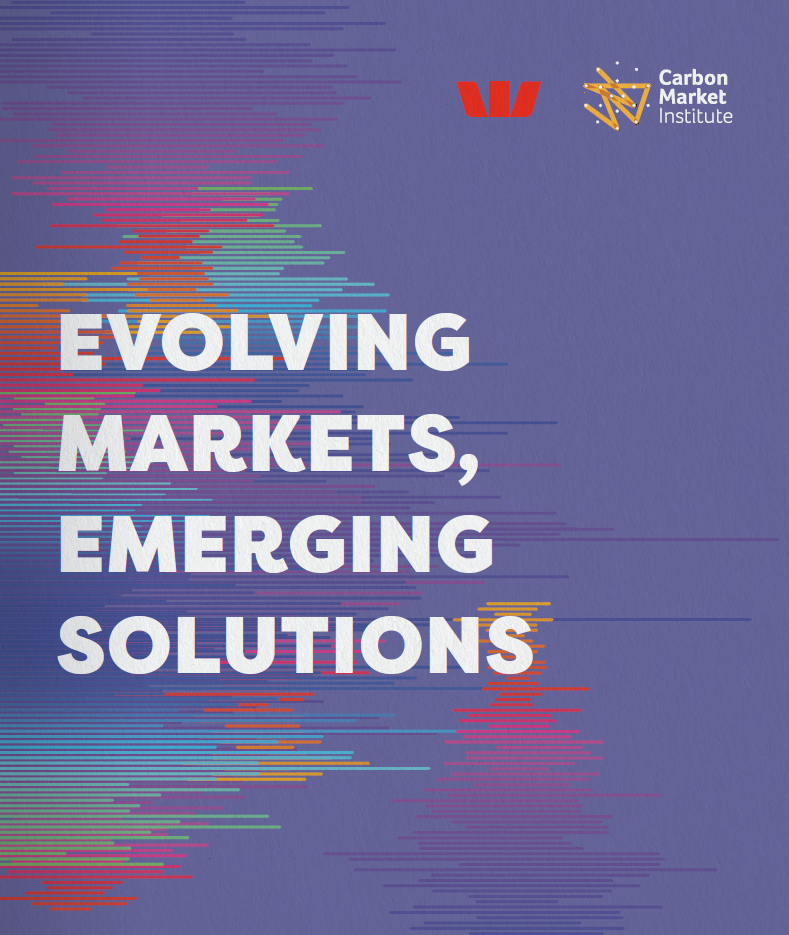Overseas buyers of Australia’s farm goods are increasingly asking for detailed evidence of good sustainability performance, according to speakers at today’s Carbon Farming Industry forum in Cairns.
Richard Heath, executive director of the Australian Farm Institute, said that securing export sales for farm products is becoming increasingly dependent on providing evidence to back up sustainability claims.
“We are getting this feedback from our trade negotiators overseas and our agricultural ambassadors,” he told the Forum, which was hosted by the Carbon Market Institute (CMI).
The feedback from overseas buyers of Australian food and fibre coincides with efforts by the carbon farming sector and its regulators to enhance the quality of publicly available carbon farming data.
Rayne van den Berg, chief financial officer with forest management company Forico, told the Forum that data on carbon farming projects and nature repair projects can’t just focus on impacts as far as the farm gate.
Projects have a broader impact at the landscape level, and so the information that is collected needs to look at landscape impacts, van den Berg said.
Robert Waterworth, chief executive of natural capital and land carbon accounting company FLINTpro cautioned that it isn’t just a matter of collecting more data.
The goal is to make sure “the appropriate data is being used at the appropriate time for an appropriate purpose”, he told the Forum.
Kate Andrews, chief executive of NRM Regions, told the Forum that attention needed to be paid to the issue of “who is picking up the cost” of collecting additional data, warning that there was a risk of degradation of data quality if people became reluctant to cover these costs.
Andrews also argued that data collection alone would not be enough, and there was a significant need to build up and properly resource analytical capacity across the industry in order to make it broadly accessible, but also as a more effective tool for industry participants to analyse and improve performance over time.
Climate Friendly Co-CEO Skye Glenday concluded by noting that the Federal Budget had allocated approximately $250 Million for data collection across different agencies and portfolios, including the establishment of new bodies like Environment Information Australia, however said it was vital that this funding is consolidated to meet these needs, while not losing sight of the environment and climate outcomes it will be required to measure.
CMI chief executive John Connor said comprehensive data is essential to demonstrate the integrity of landscape-based carbon projects, and welcomed the progress made so far off the back of the ACCU Review recommendations.
“We commend both the government and the regulator for acting on the ACCU review recommendations for greater transparency. This is a vital step in ensuring investor and community confidence in the scheme, but must be adequately resourced and also take into account the complexities of the data release process,” he said.
Access the Media Kit for the Carbon Farming Forum here.
View the Carbon Farming Scorecard report here.
About the Carbon Market Institute
The Carbon Market Institute (CMI) is a member-based institute accelerating the transition towards a negative emissions, nature positive world. It champions best practice in carbon markets and climate policy, and its over 150 members include primary producers, carbon project developers, Indigenous organisations, legal, technology and advisory services, insurers, banks, investors, corporate entities and emission intensive industries. The positions put forward constitute CMI’s independent view and do not purport to represent any CMI individual, member company, or industry sector.
For further information, contact Thomas Hann on 0408 880 536 or thomas.hann@carbonmarketinstitute.org



